Cancer discovery news
Our researchers are making the discoveries that defeat cancer. Read the latest findings from our world-leading research.
Visit our main news hub to read about news on new funding, our fundraising activities and much more. If you want to keep updated on our news, you can follow us on social media or sign up for our Search newsletter.
If you’re a journalist and want to find out more, you can contact our media relations team.
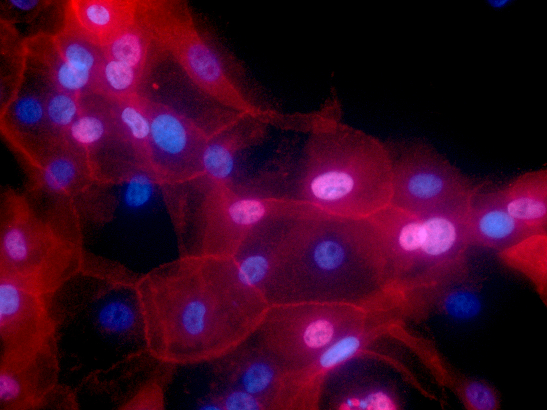
Blood test can quickly match advanced breast cancer patients to targeted treatments
A blood test can help identify rare mutations in advanced breast cancer, which may enable patients to access effective treatment more quickly in the future, a new clinical trial has found.
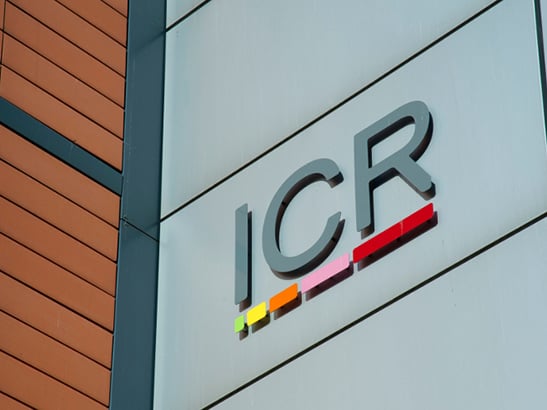
Professor Paul Workman announces intention to step down as ICR CEO in around a year
Professor Paul Workman has announced his intention to step down as Chief Executive of The Institute of Cancer Research, London, in around a year's time after more than six years in the role.

Cancer research offers more hope than people think
The strong public focus on a ‘cure for cancer’ is masking dramatic progress in extending the lives of patients with advanced cancer and turning it into a manageable disease long term, a YouGov poll of members of the public and cancer patients has found.
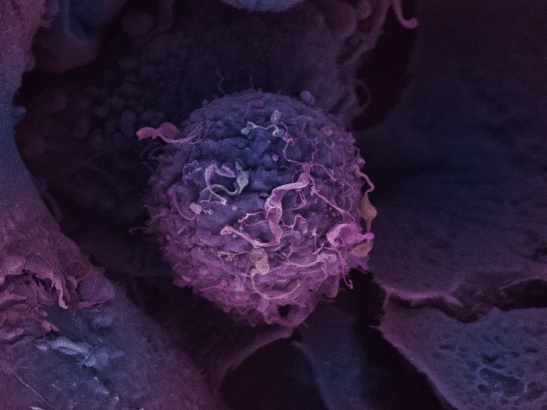
Scientific achievements of 2019
We've selected a range of discoveries from 2018/19 – chosen because they illustrate the quality and breadth of our basic, translational and clinical research and our ambitions under the ICR's research strategy.

New test predicts chance of living more than a year on targeted breast cancer treatment
A new test could pick out women with advanced breast cancer who are likely to benefit from an exciting new targeted therapy for more than a year.

UK-first study to assess role of whole-genome screening in primary care
People in the UK will for the first time have their entire genetic code read from samples taken at a GP practice as part of a pioneering study to assess the potential benefits of screening for gene faults that increase the risk of disease.
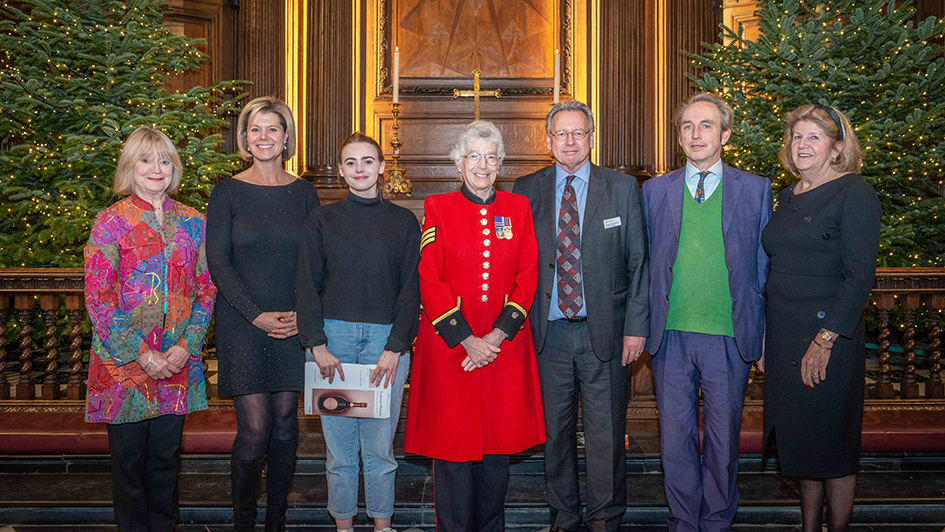
Carols from Chelsea 2019: Festive season begins in style with carol service for cancer research
Familiar faces and voices from stage and screen came together on Tuesday 3 December to celebrate the start of the Christmas season at the 17th annual Carols from Chelsea service in support of The Institute of Cancer Research, London.
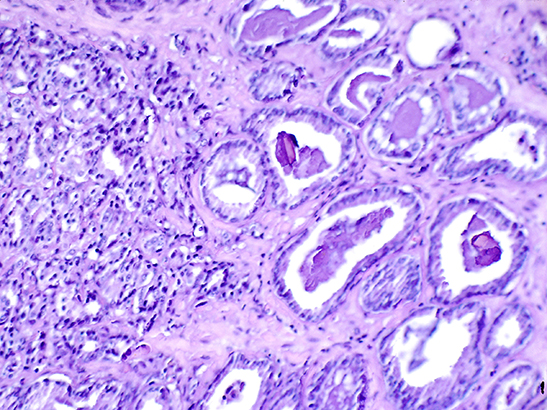
Olaparib becomes first gene-targeted medicine to show benefits in prostate cancer
A pioneering precision medicine already licensed for breast and ovarian cancer can also slow or stop tumour growth in some men with advanced prostate cancer, a new clinical trial shows.
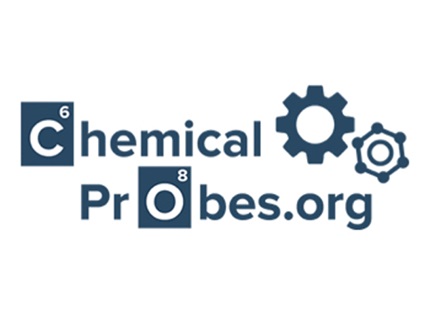
Use combined chemical probe resources to select best tools for biomedical research and drug discovery, scientists urge
A new report urges biomedical researchers to use online web resources very carefully, taking into account their complementary benefits and weaknesses, when selecting small-molecule chemical probes to help answer their research questions.

ICR responds to NICE approval of palbociclib for treating advanced breast cancer after hormone therapy
The Institute of Cancer Research, London, welcomes the approval by NICE of the innovative targeted cancer treatment palbociclib for women with advanced breast cancer who have already received hormone therapy.
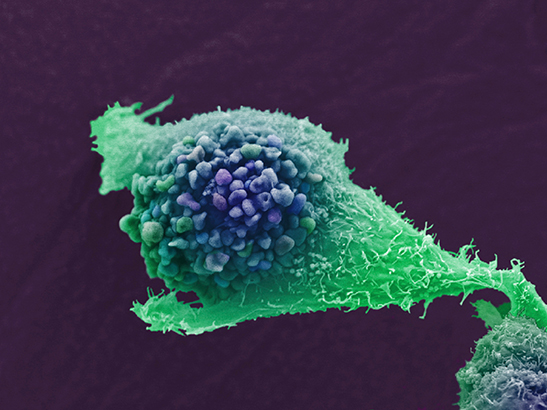
Prostate cancer ‘super responders’ live for two years on immunotherapy
Some men with advanced prostate cancer who have exhausted all other treatment options could live for two years or more on immunotherapy, a major clinical trial has shown.

Major trial backs immunotherapy as standard first-line treatment for head and neck cancer
Immunotherapy is better than standard ‘extreme’ chemotherapy as first-line treatment for advanced head and neck cancer and can keep some patients alive for more than three years, a major new trial reports.